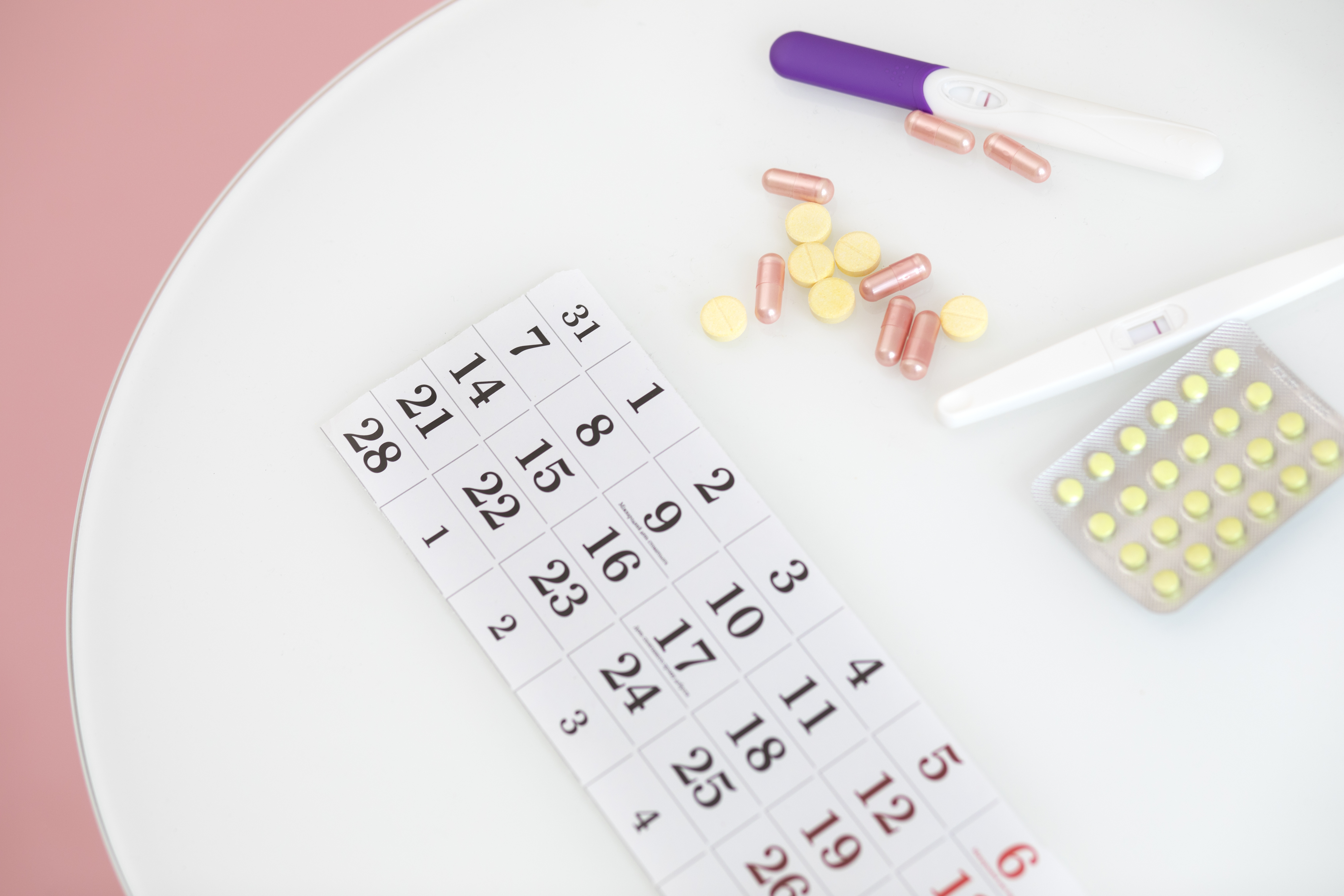
Taking Progesterone During IVF & IUI: Do's & Don'ts
Progesterone plays a crucial role in fertility treatments like IVF and IUI by preparing the uterine lining for implantation and supporting early pregnancy. Understanding how to properly take progesterone, what to do, and what to avoid can significantly impact your treatment success.
What is Progesterone and Why Is It Important?
Progesterone is a natural hormone produced by the ovaries after ovulation. It thickens the uterine lining (endometrium) to create an optimal environment for a fertilized egg to implant and develop. If pregnancy occurs, progesterone continues to support the uterus until the placenta can take over hormone production.
In IVF and IUI treatments, medications used to stimulate the ovaries can disrupt your natural hormone balance, reducing progesterone production. Supplementation ensures your uterus remains receptive for embryo implantation and supports early pregnancy development.
How is Progesterone Administered in IVF vs. IUI?
The method of progesterone administration differs between treatments:
• In IUI: Typically administered as oral tablets or vaginal suppositories/capsules after ovulation
• In IVF: Often given as vaginal suppositories, oral tablets, or intramuscular injections. Injections provide direct muscle absorption for steady hormone delivery
Your doctor will determine the best method based on your treatment plan, medical needs, and personal comfort.
Do's While Taking Progesterone
• Take medication consistently: Administer at the same time each day in the prescribed amount
• Maintain regularity: Skipping doses can disrupt hormone levels and reduce treatment effectiveness
• Communicate symptoms: Report severe headaches, allergic reactions, or excessive bleeding to your doctor immediately
• Be patient with side effects: Vaginal progesterone may cause discharge or discomfort—this is normal but discuss severe symptoms with your doctor
• Attend all appointments: Regular follow-ups allow your doctor to monitor hormone levels and adjust dosage as needed
Don'ts While Taking Progesterone
• Don't stop abruptly: Never discontinue progesterone without medical guidance, as this can jeopardize implantation or early pregnancy support
• Don't double dose: If you miss a dose, take it when remembered unless it's almost time for the next dose
• Don't self-prescribe: Progesterone should only be taken under medical supervision—incorrect timing or dosage can be dangerous
• Don't ignore side effects: While mild symptoms are common, persistent or severe issues require medical attention
Common Side Effects of Progesterone
Most side effects are temporary and diminish as your body adjusts:
• Common effects: Breast tenderness, bloating, fatigue, mood swings, mild headaches, or local irritation with vaginal forms
• Less common effects: Nausea, dizziness, appetite changes, or allergic reactions
• Injection-specific: Pain, redness, or swelling at the injection site
Always report unusual or severe symptoms to your healthcare provider promptly.
How Long Do I Need to Take Progesterone?
The duration varies by individual treatment plan but typically continues until the placenta can sustain hormone production, usually around 10-12 weeks of pregnancy. Your doctor will provide specific guidance based on your progress and hormone levels.

